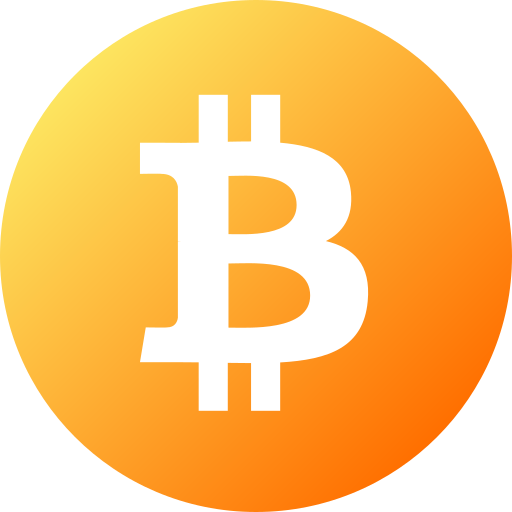Markets, Top Stories, Polymarket, Trump, Markets, recession Traders on Polymarket and Kalshi are pricing in an over-50% likelihood of a U.S. recession this 12 months.
U.S. recession fears are throughout the air following President Donald Trump’s tariff plan, with prediction platforms Polymarket and Kalshi indicating heightened issues the financial system will take profitable.
On Polymarket, a decentralized prediction platform, the prospect of the nation slipping into recession this 12 months topped 50% for the first time as a result of the betting contract “US Recession in 2025” began shopping for and promoting early this 12 months. The contract’s Yes shares soared to over 50 cents from 39 cents in decrease than 24 hours.
The contract will resolve to Yes if the National Bureau of Economic Research (NBER) confirms a recession at any stage sooner than Dec. 31. The totally different scenario requires back-to-back quarterly contractions in gross house product.
Kalshi, a U.S.-based regulated prediction market, moreover components to heightened monetary issues amongst retailers, with the possibility of a 2025 recession rising to 54% from 40% .
Financial markets are sometimes forward-looking and may react to rising U.S. recession odds by sending risk property much like bitcoin (BTC) and totally different cryptocurrencies lower. At publication time, the S&P 500 futures traded 3% lower, pointing to excessive risk aversion on Wall Street and offering bearish cues to bitcoin, which modified palms at $83,100, 1.5% lower in 24 hours.
The sweeping tariffs unveiled Wednesday set a base payment of 10% on all imports, plus elevated taxes on 60 nations acknowledged as worst offenders. China, primarily essentially the most intently hit, warranted a 34% levy on prime of the current 20% price, taking the total to 54%. The base tariffs go into influence on April 5 and the higher reciprocal costs on April 9.
While the Trump administration expects tariffs to rectify the huge and protracted U.S. objects commerce deficits, throughout the transient run, they could add to house inflation and worldwide instability. The latter might happen immediately if China, the European Union and others hit once more with elevated tariffs, starting a full-blown worldwide commerce battle.
Risk-off to be short-lived?
Still, some observers say the tariff uncertainty might lead solely to an monetary slowdown barely than a full-blown recession.
“The threat of further tariff escalation remains a key concern, but our economic forecasts do not call for a recession in the US,” UBS said in a weblog publish. “In our base case, a wide range of selective tariffs and counteractions are likely to lead to slower economic growth compared to last year, but they should not prevent the US economy from expanding by around 2%—its historical trend rate—this year.”
As for financial markets, some observers say the tariffs are dovish, which means the preliminary risk-off response might very effectively be short-lived and quickly reversed by expectations of Federal Reserve interest-rate cuts.
“Remember – tariffs are dovish, and big tariffs are very dovish,” Joseph Wang, operator of the evaluation portal fedguy.com said on X, referring to his November publish that detailed how enormous tariffs would lead to additional payment cuts.
Wang argued that whereas tariffs are inflationary, they’re usually mitigated by the use of foreign-exchange costs and are lastly transitory. Meanwhile, hurt to the enterprise sentiment shall be long-lasting, leading to unemployment, which the Fed would want to stay away from.
Rates retailers are already pricing a greater likelihood that the Fed will decrease the benchmark borrowing worth in June, restarting the so-called easing cycle that began in September last 12 months.
CoinDesk: Bitcoin, Ethereum, Crypto News and Price Data Read More
